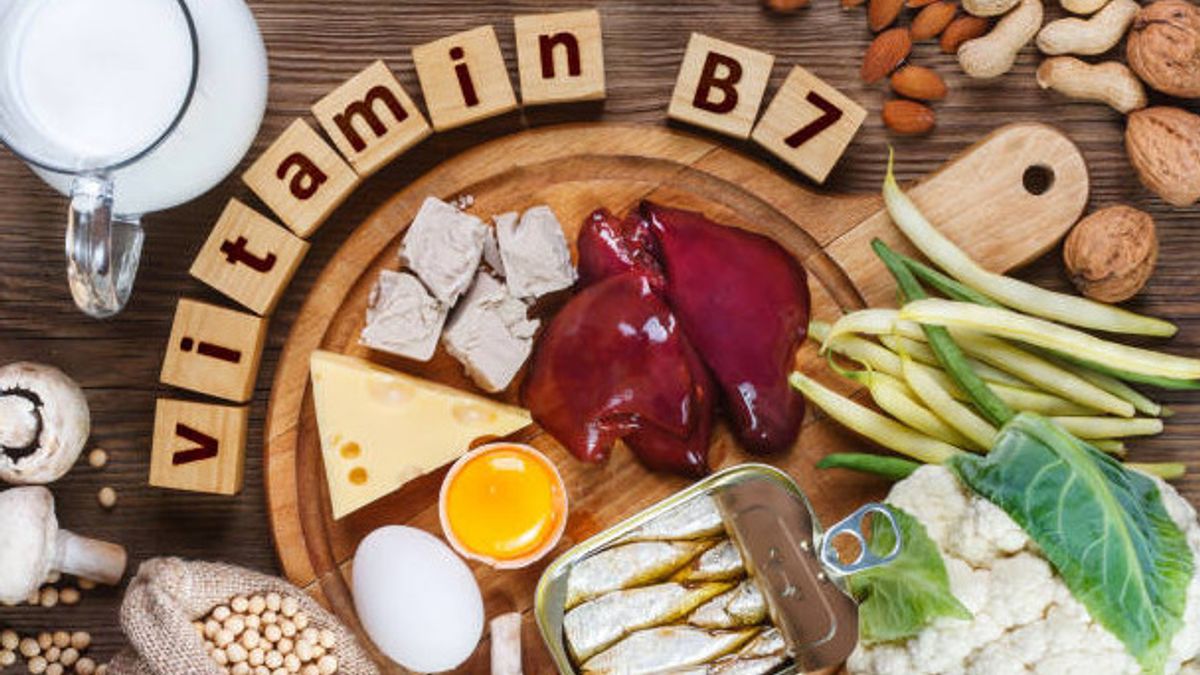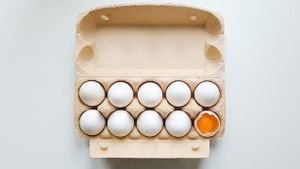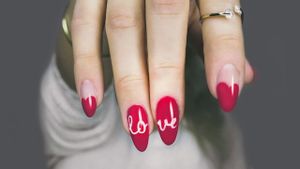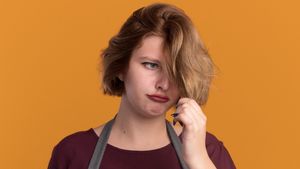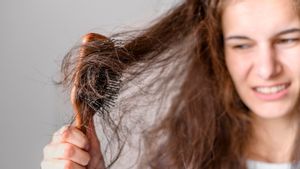Have you ever seen hype around biotins for hair and nails growth on social media? It looks like everyone is talking about it! But the real question is whether biotins match what is being touted?
VOI will assess the actual evidence available in the literature to see how biotin increases hair and nail growth. Get used to being amazed to know the facts!
Biotin is also called Vitamin B7 (one of 8 vitamin B complexes) or Vitamin H (H represents und Haut hair, said Germany for "Rambut and skin"). Biotin is a vitamin that dissolves in water. And among its many functions, one of the most important roles of Vitamin B7 is converting food consumed into energy. Which means helping to break carbohydrates, proteins, and fats in the body into energy.
In accordance with the Food and Nutrition Council of the Institute of Medicine, reported by the Times of India, Thursday, February 15. It takes about 40 mcg/day biotin in daily food intake to maintain health. Biotin deficiency rarely occurs in individuals who consume balanced food.
Biotins can be obtained from foods such as egg yolk, liver, contracts (gandums and oats), vegetables ( herbal and spinach), sweet potatoes, almonds, and rice. Milk and breast milk products also contain the biotins the body needs.
Bacteria of the intestines - Humans cannot synthesize their own biotin but microorganisms (bacterial) in the intestines can produce biotins.
So far there have been no reports of a shortage of biotins in people eating balanced foods.
Deficiency of biotins is a rare occurrence and can be seen in the following circumstances:
Genetics Some babies are born without the ability to produce biotins due to a shortage of biotinide enzymes.
Gastrointestinal disorders such as intestinal inflammation syndrome can interfere with the absorption of nutrients in the intestines.
Medicines such as consuming extensive spectral antibiotics in the long term can change gut bacteria. And epilepsy - carbamazepin, phenitoin, and phenobarbital drugs can interfere with the body's absorption of biotins.
Isotretinoin, which is usually given to treat acne, can also reduce biotin levels.
Pregnancy, breastfeeding, smoking, and the use of alcohol in the long term can increase the metabolism of biotins, resulting in deficiencies and requiring supplementation.
SEE ALSO:
If there is a lack of biotin in the blood, this can cause various symptoms that are mainly related to the deepest nervous system and layer of skin called dermis. These symptoms include hair loss (alopecia), eczema, conjunctiontivistic, sluggishness, seizures, and loss of muscle vitality and strength.
Interestingly, the efficacy of biotin in normal individuals has not been studied. However, research shows that biotin supplementation is beneficial in individuals who are shown to experience a biotin deficiency or pathological problem in hair or nails. In the review of these 18 cases, biotin supplementation resulted in improvements to neurological, hair, and nail problems.
In addition, research on 541 women with hair loss problems found that 38 percent had low levels of biotin. Of these women, 11 percent have factors directly related to the reduction of biotins, such as isotretinoin, antibiotics, anti-epilepsy, GI disease, or accompanying seboronic dermatitis. In addition, laboratory research shows that biotin does not affect the doubling of normal hair follicles.
The English, Chinese, Japanese, Arabic, and French versions are automatically generated by the AI. So there may still be inaccuracies in translating, please always see Indonesian as our main language. (system supported by DigitalSiber.id)
